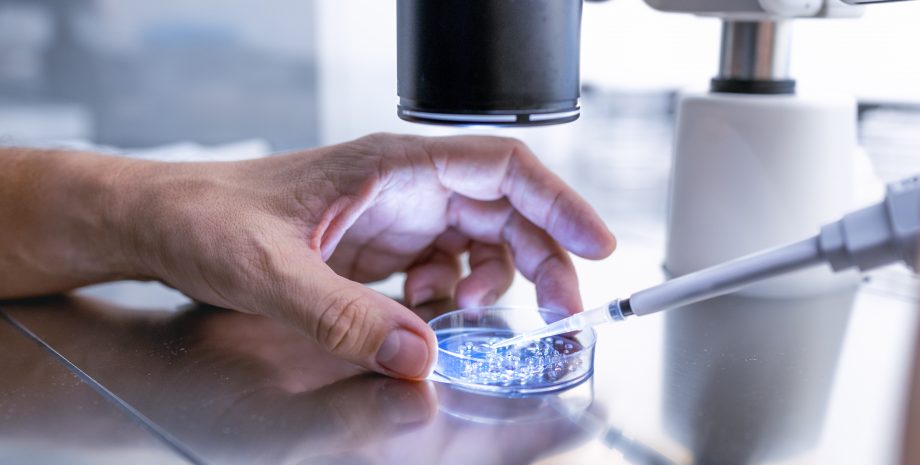

If you have struggled with infertility or you are worried about a diagnosis impacting your ability to have a family, you know how important it is to consider this when seeking treatment. Many people assume we are talking about a women’s health issue when recognizing infertility. However, as April is Infertility Awareness Month, it is an incredibly astute time to highlight male fertility issues as well, especially as it relates to diseases such as testicular cancer.
With cancer rates on the rise, male fertility is an important topic of discussion
Testicular cancer is curable, with the majority of patients experiencing full remission. Of these, at least two thirds, or in some studies 90%, have gone on to father children successfully. Infertility in general can be impacted by cancer as well as treatments meant to cure it, but there is also hope for those who have been diagnosed.
Cancers are diagnosed in stages, meaning Stage 1 represents a more curable and treatable form of the disease than Stage 4. When it comes to testicular cancer, a Stage 1 diagnosis may only require surgery followed by close observation. Later stages, however, may require various doses of chemotherapy and radiation, all of which can have some impact on fertility.
Know your baseline fertility
Whether you are male or female, it can be helpful to understand your baseline fertility before beginning any treatment for cancer diagnosis. For women, this can mean ultrasounds to check pelvic anatomy and make sure there are no existing fibroids, cysts or other things that could get in the way of healthy fertility. Men, on the other hand, can opt for a semen analysis to check the quantity and quality of sperm. Hormone and genetic testing are also factored in for some people.
We spoke with Dr. Madelaine Sgroi, who works in the Oncology department at the Sue Ann Wortman Cancer Center at Hancock Health, about fertility after cancer treatments. In her experience, “The degree of recovery of fertility depends on their baseline fertility and the intensity of treatment.” She also notes that most cancer treatments won’t impact fertility too drastically, but it does depend on the dose and type of medication. Radiation and chemotherapy will differ for various stages of cancer and the patient.
When in doubt, speak to your provider
“It would be important to discuss the issue BEFORE treatment and how it affects, for example, spermatogenesis later on,” says Sgroi, “and how long from the completion of treatment should one wait before considering pregnancy/conception.” Knowing your baseline fertility and discussing these things with your partner and providers might be key in making sure you are able to both treat the disease and go on to start or expand your family. If you and your partner are worried about your fertility after a cancer diagnosis, or there is a high risk of infertility, cryopreservation of sperm should be considered.
Starting or expanding your family is an exciting time, but infertility issues can make it feel like a never-ending rollercoaster. If you add a cancer diagnosis or other disease into the mix, it can be even more difficult to imagine successful conception and pregnancy. Speak to your Hancock Health provider today to learn more about what you can do before and after treatment to help your fertility remain intact.